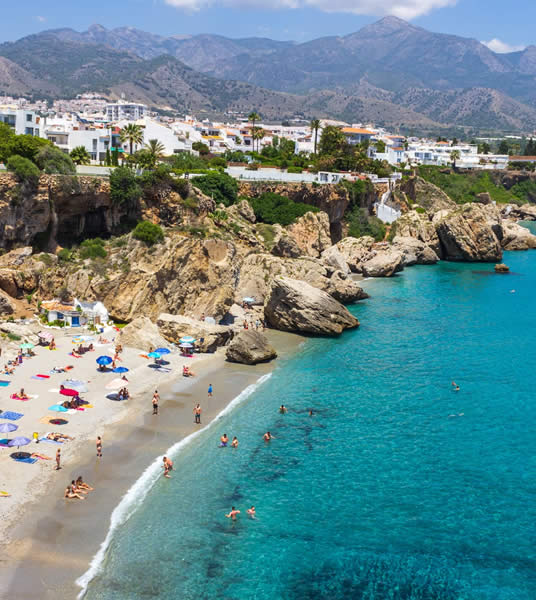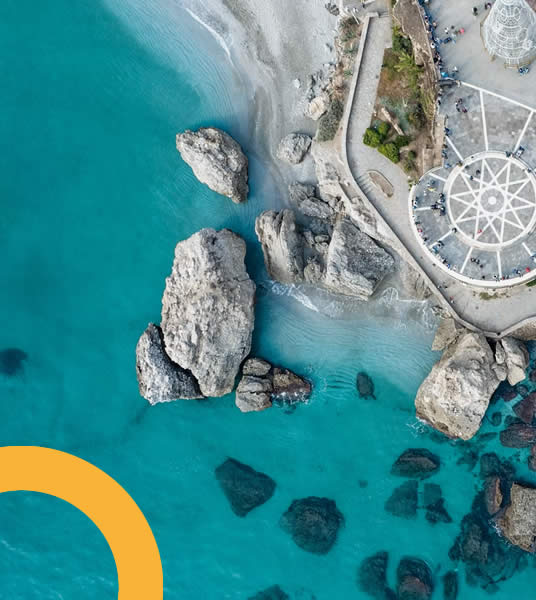Blue Communities
The Track of Blue Communities is born at Sun&Blue
Life, work, and innovation thrive on the coast. Today, more than 40% of the world’s population lives within 100 km of the sea. And from our coastal territories, we share more than just geography: we face common challenges and share a collective drive for transformation.
That’s why, in this edition of Sun&Blue, we’re launching a new space: the Track of Blue Communities, where coastal municipalities take the lead in driving change from the shoreline.
- 🌊 How can blue economy principles be applied at the local level?
- ⚓ What role do ports and nautical activities play in urban strategy?
- 💧 How do we manage water, living resources, biodiversity, and tourism in balance?
- 🌐 How can digitalization be leveraged to advance sustainability?
Six thematic blocks, networks like DTI, RECI, and Innpulso, pioneering municipalities, and a final manifesto will set the pace for this event—designed to share, inspire, and build a network of resilient, innovative, and sea-connected coastal cities.
Because if the blue economy is an opportunity, municipalities are the driving force.


Objective
Coastal municipalities share a set of common challenges: urban pressure on coastal areas, vulnerability to the effects of climate change, the need to preserve marine ecosystems, and ensuring the sustainability of key sectors such as tourism, fishing, maritime transport, and water management.
More than 40% of the world’s population lives within 100 km of the sea, and this trend continues to grow, reinforcing the strategic role of our coastal cities in blue governance.
For all these reasons, the creation of a dedicated track within the Sun&Blue Congress focused on Blue Municipalities is proposed, recognizing them as key players in the transition toward a sustainable blue economy. Coastal municipalities are the level of government closest to the territory and citizens, with direct responsibilities in urban planning, water cycle management, economic promotion, tourism planning, environmental management, and public services—all crucial for implementing an inclusive and resilient blue economy.
This proposal aligns with the Andalusian Strategy for a Sustainable Blue Economy, which recognizes coastal municipalities as key areas for implementing high-impact sectoral policies—ports, tourism, water, biodiversity, energy, digitalization, living resources, or sustainable construction—from a cross-cutting perspective.